In this week’s edition of SEO Odds & Ends, I’m shifting gears into the nonprofit SEO space. I came acrossLiberty Hill Foundation’s website and found their slogan to be impressive–”30 Years of Change, Not Charity.” As a fan of participating in change instead of throwing money at problems, this spoke to me and I thought I’d help out.
First off, there is a great resource online for any nonprofit out there–a charity version of SEO Book. With 25 chapters, I must admit I haven’t combed through it all, but if you have the time, it gives a lot of great SEOinformation tailored to nonprofits.
As with many nonprofits, marketing in general gets put on the back burner, because money could be better spent on making things happen rather than getting a shiny website, right? That seems to be the case with Liberty Hill, as well. Here are the top tips I’d start with for their site:
1. Create a specific page for each of the organization’s issues.
Even if it seems that the issues cross over a lot, create each page to be as different as possible, and then link between similar pages. A well-optimized site involves giving the search engines a single page for each idea your organization (and website) represents.
For Liberty Hill, initiatives related to developing a green economy and promoting environmental justice are extremely important. There are multiple pages about this, including the 2009 Environmental Agenda “Turn Green to Gold”, a donor page explaining what Environmental Justice is, and finally, a grant seekers page describes the funds available.
To organize the site a bit more from a search engine perspective, first, organize the group’s initiatives into a category such as “Liberty Hill Issues,” then add specific pages with descriptive content for Environmental Justice, Gay/Lesbian Rights, etc., third, add links on the Environmental Justice page to the Donors, Grant Seekers, and Media/Press pages devoted to this topic.
Pick keywords for each issue your organization represents, and optimize your tags for those terms.
Using the Google Adwords keyword tool, you can find the approximate search volume for terms related to your organization’s issues.
For the Environmental Justice issue, there isn’t much search volume for many terms beyond “California Environmental Justice” and “Los Angeles Environmental Justice.” Therefore, creating a title tag using this code would probably be be the best option:
<title>Environmental Justice | Los
Angeles, California | Liberty Hill Foundation</title>
On the Liberty Hill Blog, there are several stories about undocumented students and the hardships they face–keywords such as “Scholarships For Undocumented Students” and “Undocumented Students in California” would be good options to target on the primary site.
Use variations of your keywords within the content on each page of your site.
Often adding a city name plus the primary keywords for a page is a good start.
Within the content of the page, use variations of this broad term by starting with “Environmental Justice” and adding the following words: “solution(s),” “project(s),” “action,” “group.” Always focus on making the content readable and relevant to your readers, optimization is a second priority.
On the current site, the Environmental Justice Fund is introduced this way:
Liberty Hill is pleased to announce our new grantmaking program, the Fund for Change…Liberty Hill will hold two webinars and four community workshops across Los Angeles to introduce our new grantmaking program.
An optimized phrase from an SEO perspective would be:
Liberty Hill is pleased to announce our new Environmental Justice project, the Fund for Change…Liberty Hill will hold two webinars and four community workshops in conjunction with various Los Angeles Environmental Justice groups to announce our new grantmaking program.
Ask for links from your donors and grant recipients!
The single most valuable thing for a website to have in order to have better visibility in the search engines is links! Get more links! This, of course, can be an extremely time consuming process, hence its inclusion at the bottom of this list.
Request optimized links– include the keyword assigned to that issue in the text of the link. For example, “Thanks to Liberty Hill Foundation, and specifically their gay and lesbian rights grant initiatives, for supporting the Cara a Cara Latino AIDS Project,” or in the ALT attribute of an image link: “Liberty Hill Foundation Logo, great resource for environmental justice information in Los Angeles.”
When donors inquire about giving money or resources, mention to them that simply adding a link to the Liberty Hill Foundation from a donor company’s website, the donor’s personal blog, or even their Facebook page would help you out. Ask them to link to the particular issue on Liberty Hill’s website that is of interest to them, as oppposed to the homepage.
Require that recipients of grants mention the Liberty Hill Foundation website through a post or a link of some sort! If they’ve received $20,000, a link from their site to the grant site shouldn’t be a major effort for them.
SEO is an ongoing process–do what you can when redesigning a website or when there are specks of free time, but don’t ignore it entirely! A little bit of effort each week (or month!) is better than none.

